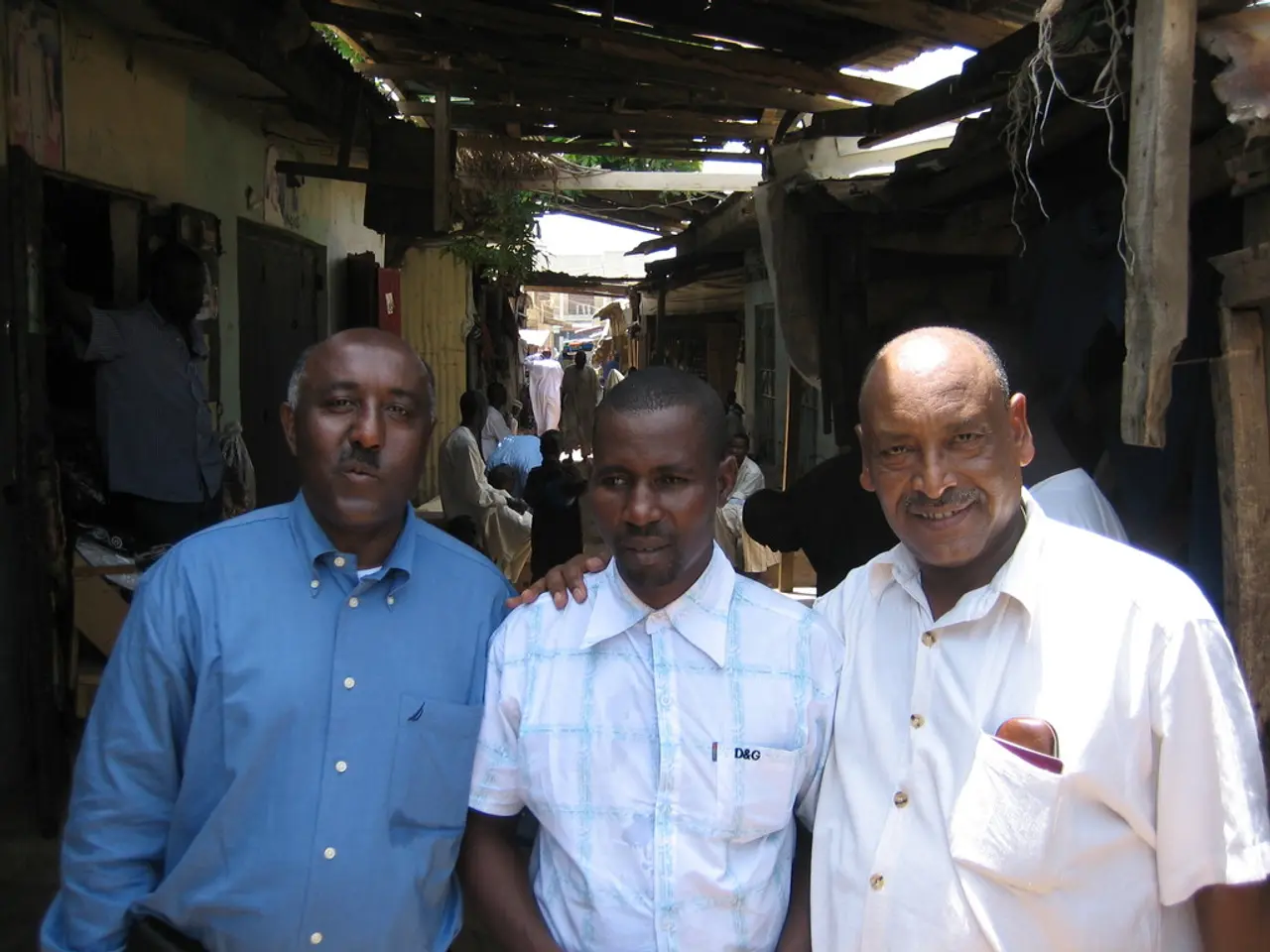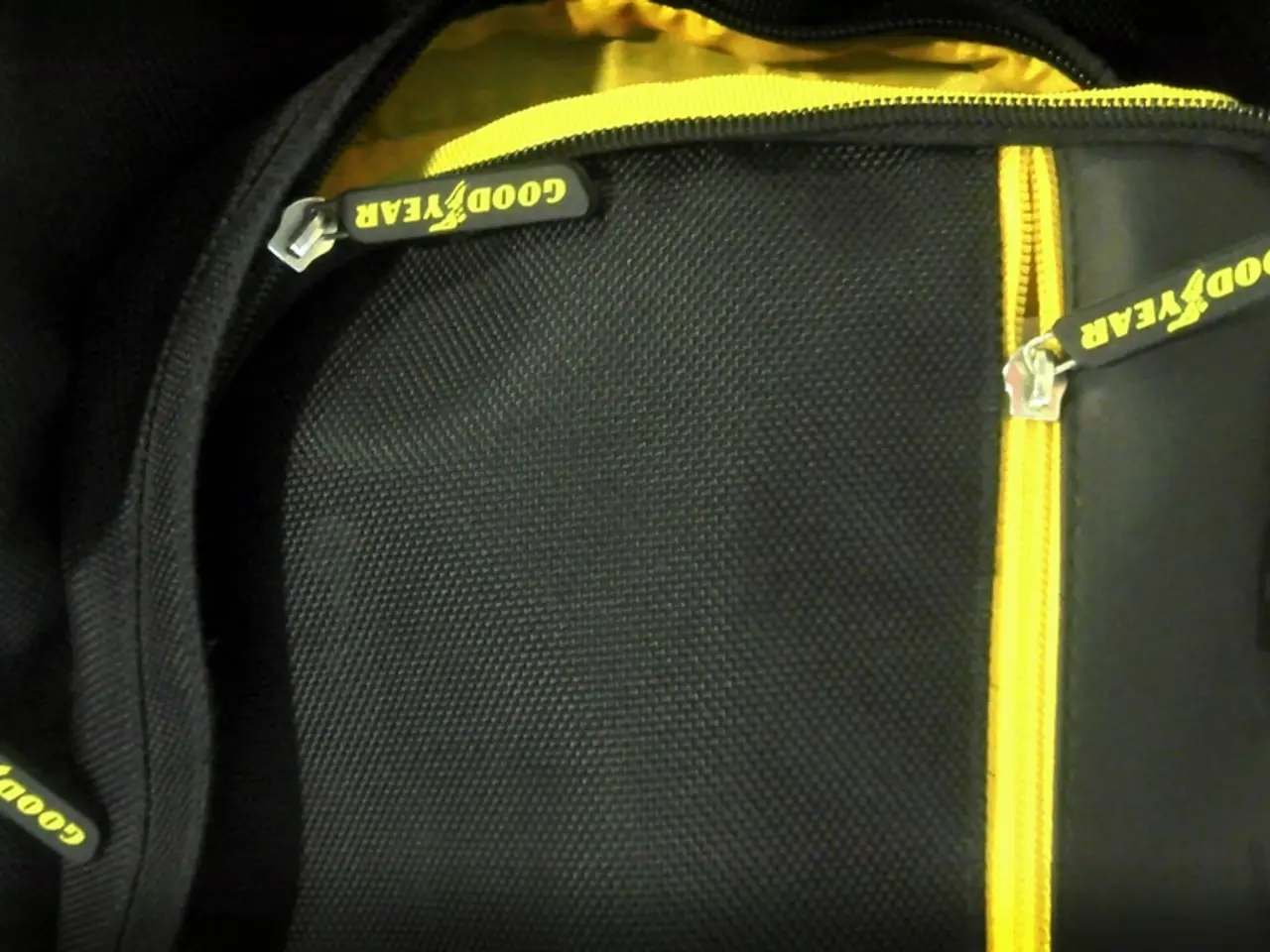Exploring the Roles of Sociologists and Political Scientists
In the intricate web of our world, political scientists and sociologists play a crucial role in helping us comprehend the complexities of government, society, and human behavior.
Political scientists, with their focus on political systems, governments, and the behavior of individuals, strive to understand how these entities function, make decisions, and interact. They employ scientific methods to analyze political structures, decision-making processes, and public opinion, often aiming to develop verifiable theories about political behavior and systems. This field encompasses subfields like comparative politics, international relations, and political theory.
On the other hand, sociologists delve into a broader range of societal behaviors and institutions. They study how social structures, class, power relations, identity groups, and cultural factors shape our world and political behavior. By connecting political phenomena with broader social contexts and dynamics, sociologists help us understand how entities like social classes, ethnic groups, and social movements influence political power and policies.
The intersection of these two fields, Political Sociology, emphasizes the relationship between society and politics. It explores how social structures, cultural factors, and identity groups shape political behavior and institutions, connecting them with broader social contexts and dynamics.
Career opportunities in Political Science span across various sectors. One can become a political scientist, policy analyst, political campaign manager, public opinion pollster, political consultant, journalist specializing in politics, civil servant, or academic professor. Many political scientists work in universities, think tanks, government agencies, media, or political campaigns.
In the realm of Political Sociology, careers often overlap with social science roles such as sociologist, social researcher, policy advisor, or roles in advocacy organizations. These roles might be found in academia, research institutions, non-profits, or governmental bodies analyzing social factors influencing political processes.
Both Political Science and Political Sociology are essential to society. They help us understand ourselves and the world better, ensuring that people have the facts to make informed decisions. They study human behavior, culture, social structure, and organizations, providing insights that can lead to more effective and equitable policies and programs.
In today's complex society, sociology is particularly important. It helps individuals and governments understand complex societal challenges, foster inclusion, improve policy, and promote social progress. By studying the relationships between politics and society, sociologists and political scientists contribute to our society, finding new ways of improving it in the future.
A consultant in the realm of education-and-self-development might employ the analytical skills learned from studying political behavior to guide individuals in understanding complex social dynamics and making informed decisions about their personal growth.
Services offered by a politician, such as policy-making and governance, could be heavily influenced by the research and theories developed in the fields of political science and political sociology, ensuring a deeper understanding of the societal and cultural factors shaping political decisions and public opinion.




